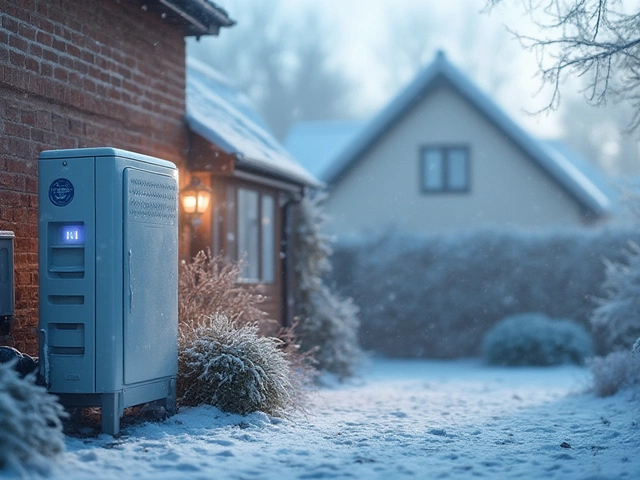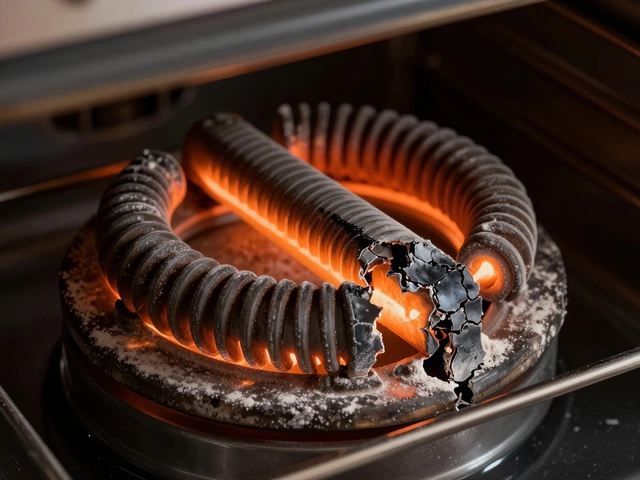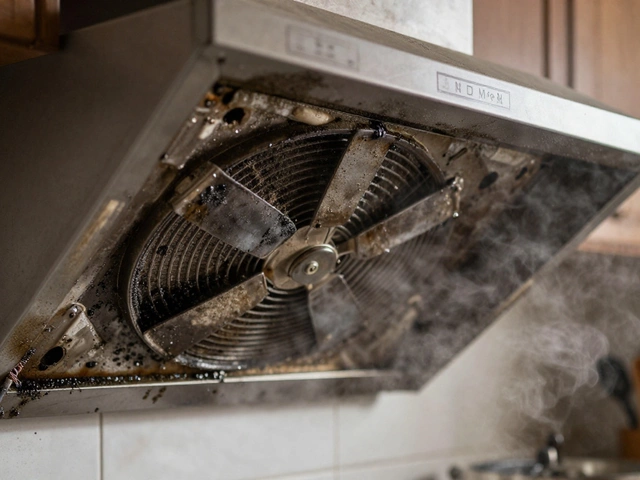If your washer is making weird noises or not spinning, the problem is usually a specific part. Knowing the names of those parts and what they do can save you time and money. Below we break down the most common components, signs they’re failing, and simple steps to replace them.
1. Drum – The metal tub that holds your clothes. Cracks or rust mean it’s time for a full replacement, which most homeowners leave to a pro.
2. Motor – Powers the drum’s movement. If the washer won’t spin or makes a humming sound, the motor bearings could be worn.
3. Pump – Moves water in and out. A clogged or leaking pump often causes water not to drain properly.
4. Belts – Rubber straps that connect the motor to the drum. A snapped belt stops the drum from turning; you’ll hear a thumping noise before it stops.
5. Door Seal (Gasket) – Rubber border around the door. Leaks or musty smells usually point to a torn seal.
6. Control Board – The brain that tells each part what to do. Faulty boards can cause error codes or random cycles.
Most small parts—belts, pumps, seals—are cheap and easy to swap. You’ll need a screwdriver, pliers, and a few basic tools. Turn off the power, unplug the machine, and take pictures before you disconnect anything. This makes re‑assembly a breeze.
If the drum itself is damaged, the motor burns out, or the control board keeps failing, it’s usually cheaper to replace the whole washer. A professional can also test electrical components safely.
Here’s a quick rule of thumb: if the part costs less than £30 and you feel comfortable with basic DIY, give it a go. Anything more expensive or involving wiring should be left to a qualified repair technician.
Need a fast checklist? Look for these red flags:
Once you spot the issue, order the exact part using your washer’s model number. Most manufacturers list part numbers on a sticker inside the door frame.
Replacing a part usually takes 30‑45 minutes. If you’re stuck, the internet is full of step‑by‑step videos that match most major brands. Just pause, follow the guide, and you’ll have your washer running again.
Remember, regular maintenance reduces the chance of parts failing. Clean the lint filter, run a monthly hot‑water cycle, and keep the door seal dry. These simple habits add years to your machine’s life.
Bottom line: knowing the main washing machine parts empowers you to decide whether a DIY fix is worth it or if a professional call is the smarter move. Keep this guide handy, and you’ll spend less time worrying about broken appliances and more time enjoying clean laundry.

Discover which washing machine parts break down most often, why they fail, and how to prevent expensive repairs. Get tips to keep your washer running smoothly.

Explore the practical steps in diagnosing and fixing common issues with kitchen extractor fans. Learn about the signs your fan might need repair, and gather essential maintenance tips to extend its life. Whether you're a DIY enthusiast or considering professional help, this guide provides valuable insights for restoring your kitchen ventilation system to optimal performance. Discover how regular upkeep can prevent costly replacements.

Wondering what temperature makes a heat pump stop working well? Learn the cold limits, key facts, and expert tips for running heat pumps in harsh winters.

Learn how to tell if your oven element is blown by checking for visible damage, testing with a multimeter, and observing oven behavior. Most oven heating issues are simple fixes.

Kitchen extractor fans typically last 10-15 years, but grease buildup and lack of cleaning can cut that in half. Learn the signs it's time to replace yours and how to choose a better model.

When your electric hob stops working, it's more than just a minor inconvenience—cooking essentials go awry, family meal plans are disrupted. Understanding some common causes and fixes is crucial before calling in the big guns or rushing to buy a new unit. From circuit issues, faulty sensors, and even user errors, many problems have straightforward solutions. This guide walks you through troubleshooting steps and shares tips to keep your hob cooking strong.